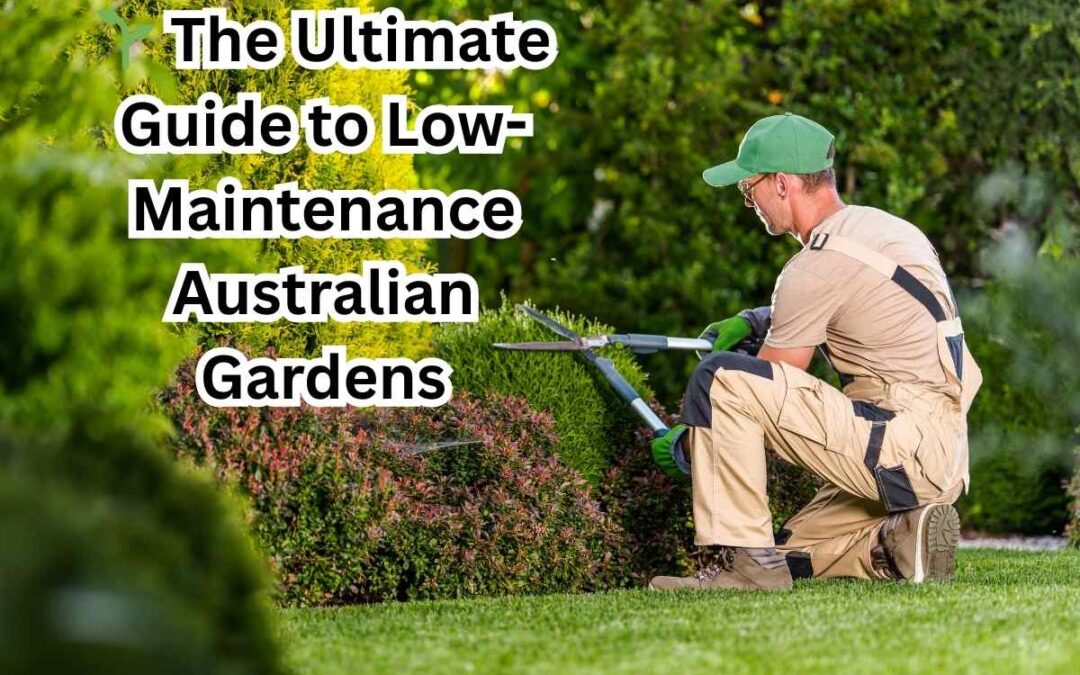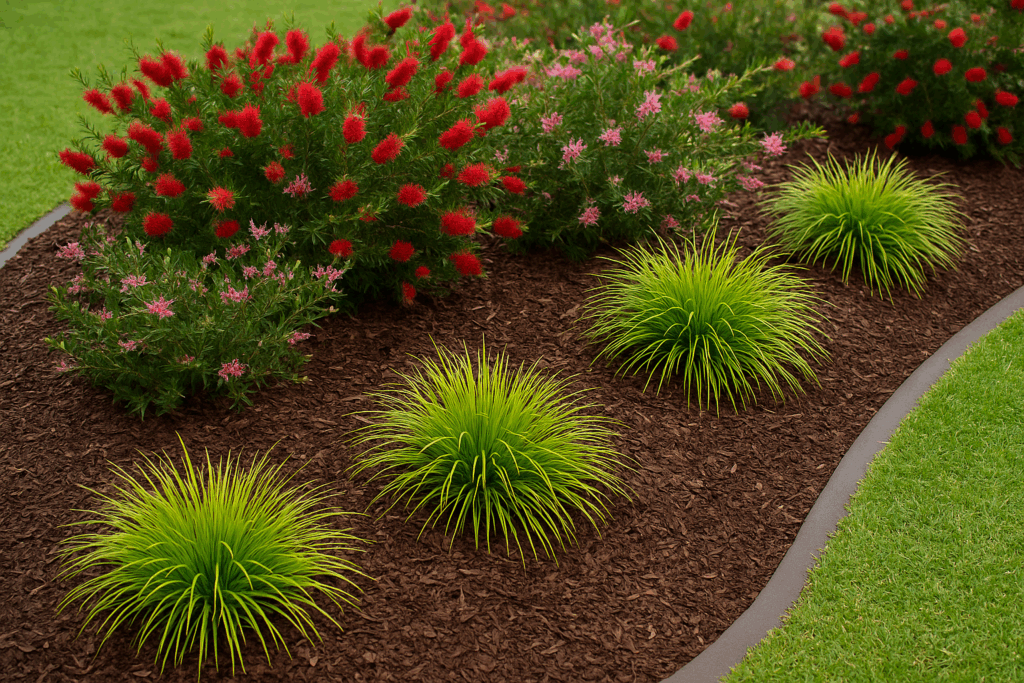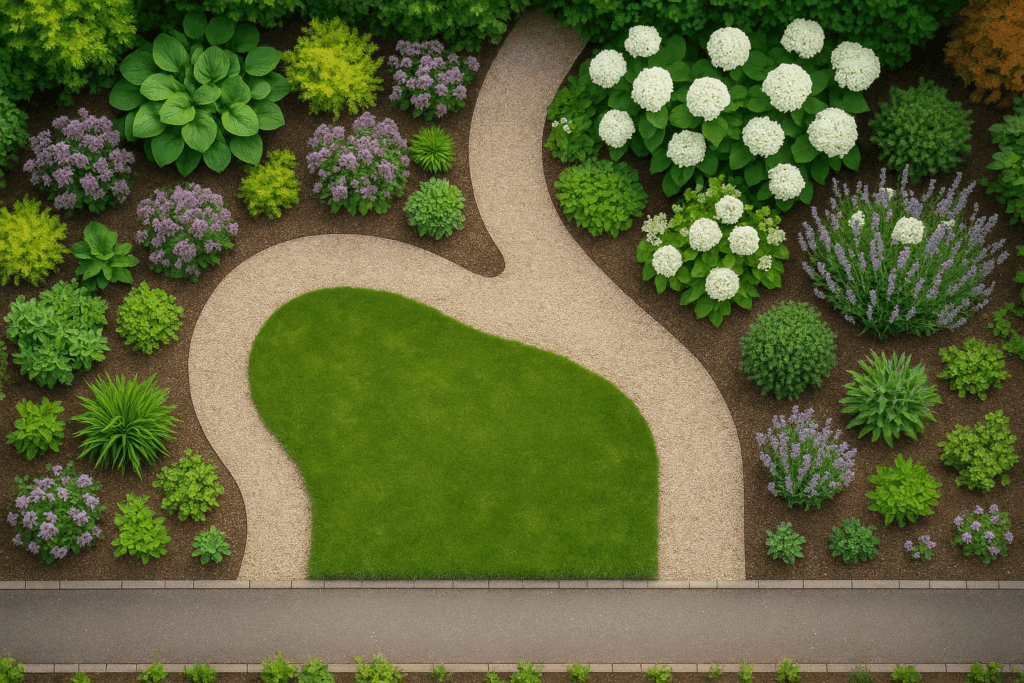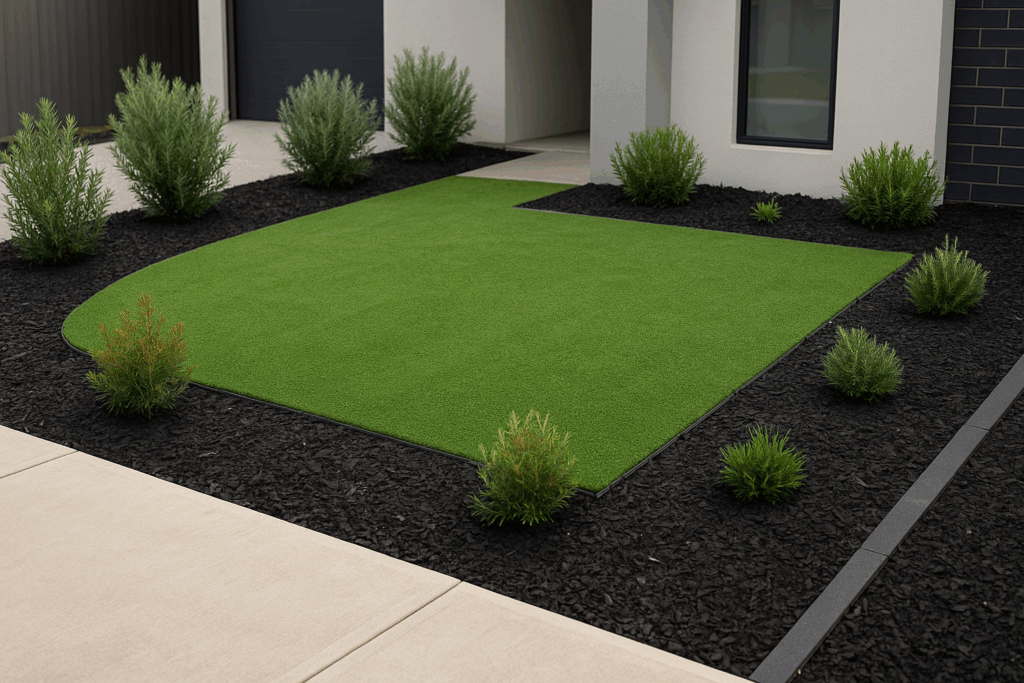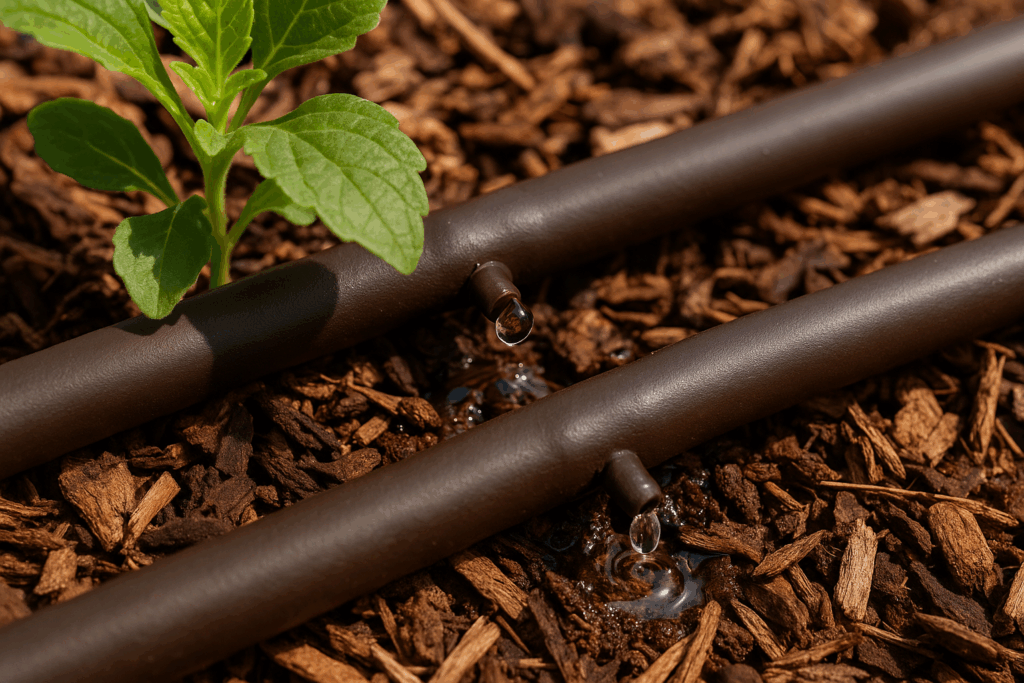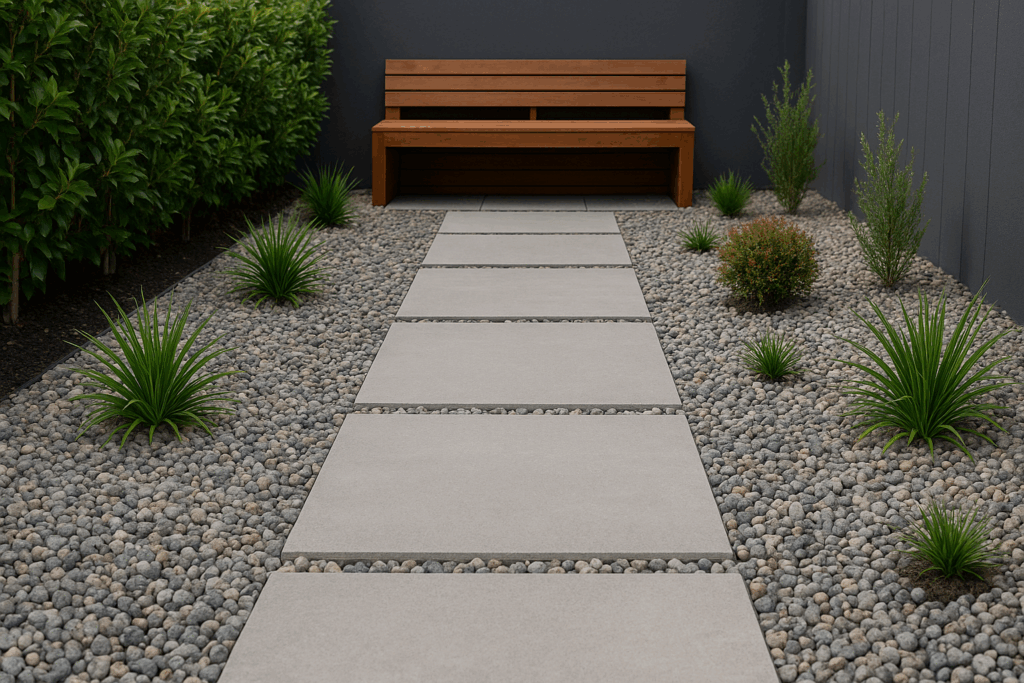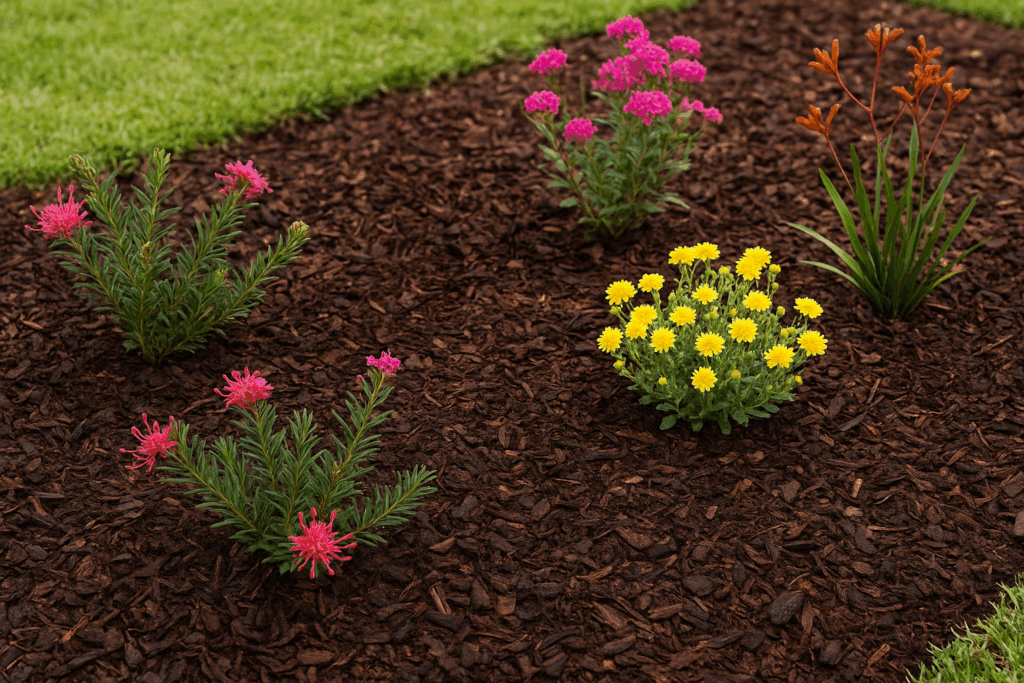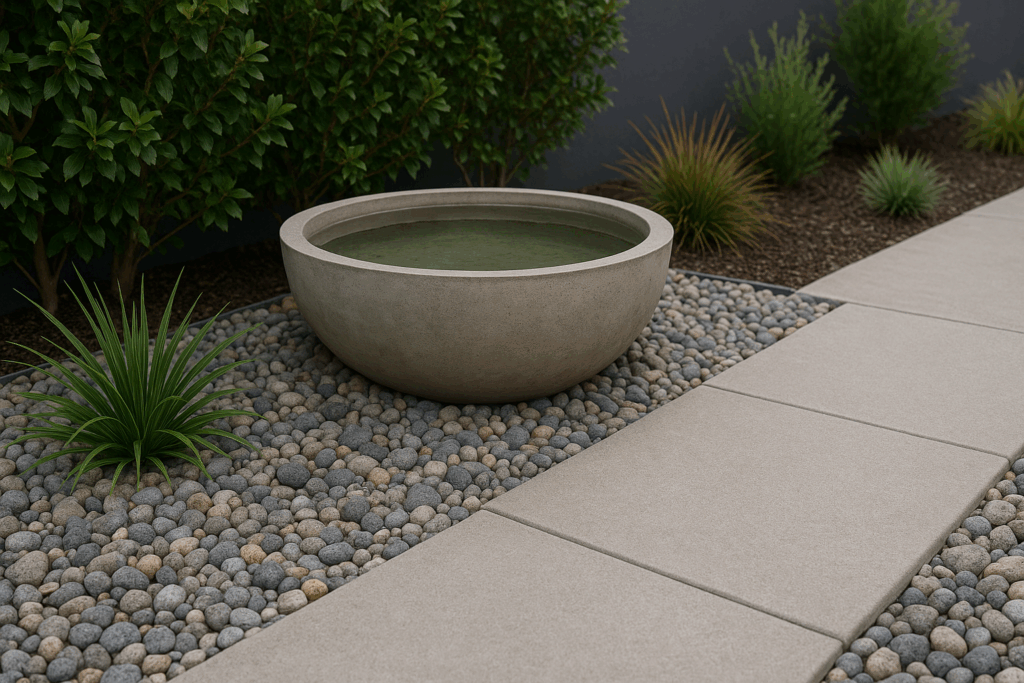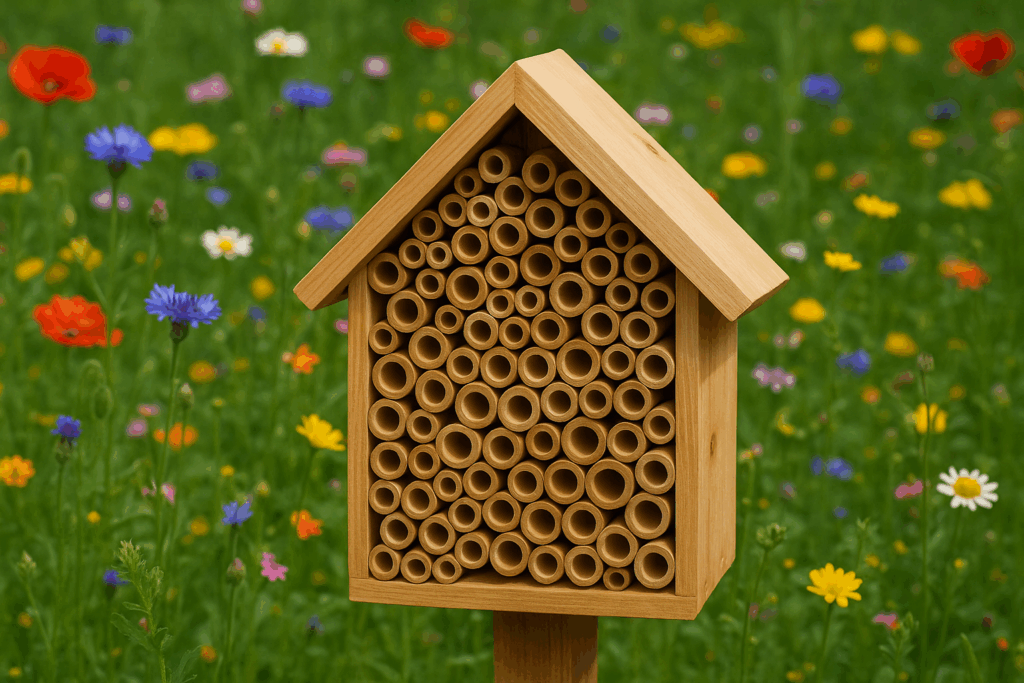Australia’s diverse climate, from arid interiors to coastal humidity, poses unique gardening challenges. But what if you could enjoy a beautiful garden without spending hours pruning, weeding, and watering? Whether you’re a busy homeowner or simply not a fan of constant upkeep, this ultimate guide reveals how to create a low-maintenance garden that thrives in Australia’s environment—with less effort and more enjoyment.
🌿 Why Go Low-Maintenance?
A low-maintenance garden doesn’t mean boring or bare. It means smart design, water-wise choices, and efficient systems that give you maximum beauty with minimal effort. Benefits include:
-
✅ Time-saving: Less mowing, watering, and pruning.
-
✅ Water-efficient: Ideal for drought-prone areas.
-
✅ Sustainable: Uses native plants and eco-friendly techniques.
-
✅ Cost-effective: Saves money on water and gardening services.
🏡 Step 1: Understand Your Local Climate Zone
Before choosing plants or materials, identify your Australian climate zone. This helps you pick flora and systems that naturally thrive in your region.
-
🌵 Arid zones (NT, WA, SA interiors): Hot, dry, minimal rainfall.
-
🌴 Tropical zones (QLD, NT north): Warm, humid, heavy summer rain.
-
🌾 Temperate zones (VIC, NSW, SA coasts): Mild seasons, reliable rainfall.
-
🌬️ Cool zones (TAS, southern VIC): Cold winters, frost-prone.
📌 Tip: Check your postcode on a plant hardiness map or consult a local landscaper (like Bluestone!).
🌸 Step 2: Choose Drought-Tolerant & Native Plants
Native Australian plants are naturally low-maintenance. They’re adapted to local soil, pests, and weather patterns, which means they require less watering, fertilizing, and pampering.
🔝 Top Native Plant Picks
| Plant Name | Best For | Feature |
|---|---|---|
| Kangaroo Paw | Flower beds | Striking red/yellow flowers |
| Lomandra Grass | Borders and fillers | Hardy, elegant grass look |
| Grevillea | Hedges or privacy | Bird-attracting blooms |
| Bottlebrush (Callistemon) | Focal plant | Bold red flowers, evergreen |
| Westringia | Ground cover/shrubs | Compact and drought-tolerant |
| Dianella (Flax Lily) | Accent plant/understory | Blue berries and purple flowers |
🌱 Step 3: Design with Simplicity in Mind
The key to low-maintenance landscaping is clever design. Avoid cluttered beds, complex edging, and excessive lawn. Instead, focus on:
🧩 Zone-Based Planning
-
Front yard: Native shrubs, gravel paths, and statement trees.
-
Side areas: Use pavers, stepping stones, or mulch to eliminate grass.
-
Backyard: Create zones for relaxation (decks or seating), greenery, and perhaps a vegetable bed.
✏️ Design Tips:
-
Go for symmetrical layouts for easy care.
-
Keep plant varieties to a minimum to avoid mismatched needs.
-
Group plants with similar water/sun needs.
🌵 Step 4: Ditch the Lawn (or Go Artificial)
Grass can be beautiful—but maintaining a lush lawn is labor- and water-intensive. Here are smarter options:
✅ Artificial Turf
-
Always green, zero mowing, pet-friendly.
-
Ideal for high-traffic zones or rental properties.
✅ Groundcovers
-
Replace grass with native groundcovers like Myoporum parvifolium or Dichondra repens.
✅ Mulch + Stone Combinations
-
Use bark or gravel mulch in place of turf for a clean, dry look.
💧 Step 5: Install Smart Irrigation
Watering by hand is inefficient and time-consuming. A drip irrigation system or smart sprinkler setup can automate your entire watering schedule.
Benefits:
-
Waters at optimal times (e.g., early morning).
-
Reduces water loss through evaporation.
-
Can be connected to weather sensors or apps.
Bonus Tip:
Install a rainwater tank to feed your irrigation system sustainably.
🪵 Step 6: Use Hardscaping Wisely
Low-maintenance gardens are not all about plants. Hardscaping elements add beauty and function with zero watering or pruning required.
Top Hardscape Ideas:
-
Exposed aggregate concrete paths
-
Stone patios
-
Timber decking with native potted plants
-
Stepping stones across mulch or gravel
-
Gabion walls or seating
🍂 Step 7: Mulch—Your Best Friend
A thick layer of mulch retains soil moisture, blocks weeds, and adds a polished look to garden beds.
Best Mulch Types for Aussie Gardens:
-
Eucalyptus mulch – Aromatic and long-lasting
-
Sugarcane mulch – Great for veg patches
-
Pine bark – Decorative and durable
How to Use:
-
Lay 7–10 cm thick.
-
Keep mulch away from plant stems to avoid rot.
-
Top up once or twice a year.
🛠️ Step 8: Choose Smart Outdoor Features
Want a garden that looks great but demands zero trimming? Add non-living elements that boost visual appeal and usability.
Ideas:
-
Large decorative pots with succulents
-
Fire pits or water features
-
Outdoor art, sculptures, or vertical trellis
-
Gravel zen gardens or dry creek beds
🐞 Step 9: Encourage Natural Pest Control
Instead of using chemicals, attract beneficial insects and birds that keep pests in check.
-
Plant lavender, basil, and marigold to repel aphids.
-
Grevilleas and Callistemons attract insect-eating birds.
-
Create bug hotels using logs or bricks to house pollinators.
🧼 Step 10: Easy Maintenance Checklist
Even low-maintenance gardens need a little care. Here’s your seasonal checklist:
Spring 🌸
-
Light prune of natives
-
Add compost or slow-release fertiliser
-
Check irrigation systems
Summer ☀️
-
Deep water in early mornings
-
Mulch top-up
-
Pest inspection
Autumn 🍂
-
Rake leaves if needed
-
Trim grasses
-
Re-pot or divide plants
Winter ❄️
-
Minimal activity
-
Protect frost-sensitive plants
-
Clean and prep tools for spring
Final Thoughts
Creating a low-maintenance garden in Australia isn’t just possible—it’s a smart, beautiful, and sustainable way to enjoy your outdoor space. With the right planning, plant selection, and systems, your yard can thrive with minimal input and maximum satisfaction.
At Bluestone Concrete & Landscaping, we specialise in designing water-wise, native, and easy-care gardens that fit your lifestyle and budget. Whether you want a small courtyard revamp or a full landscape overhaul, we’re here to help.
📞 Ready to Start Your Garden Makeover?
Contact us today to schedule a free consultation with our landscaping experts.
Let’s create a garden that’s both beautiful and effortless.

